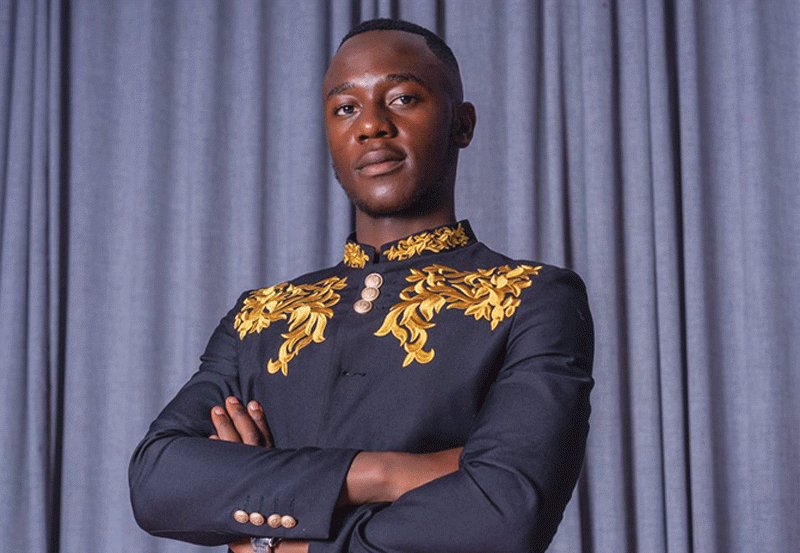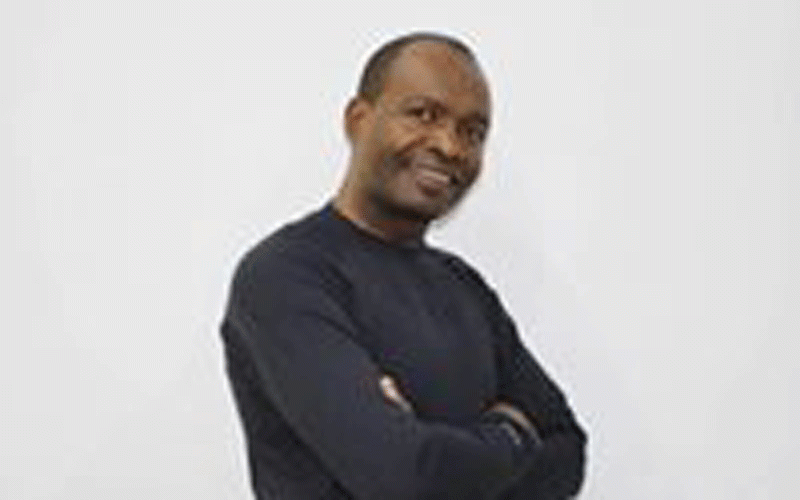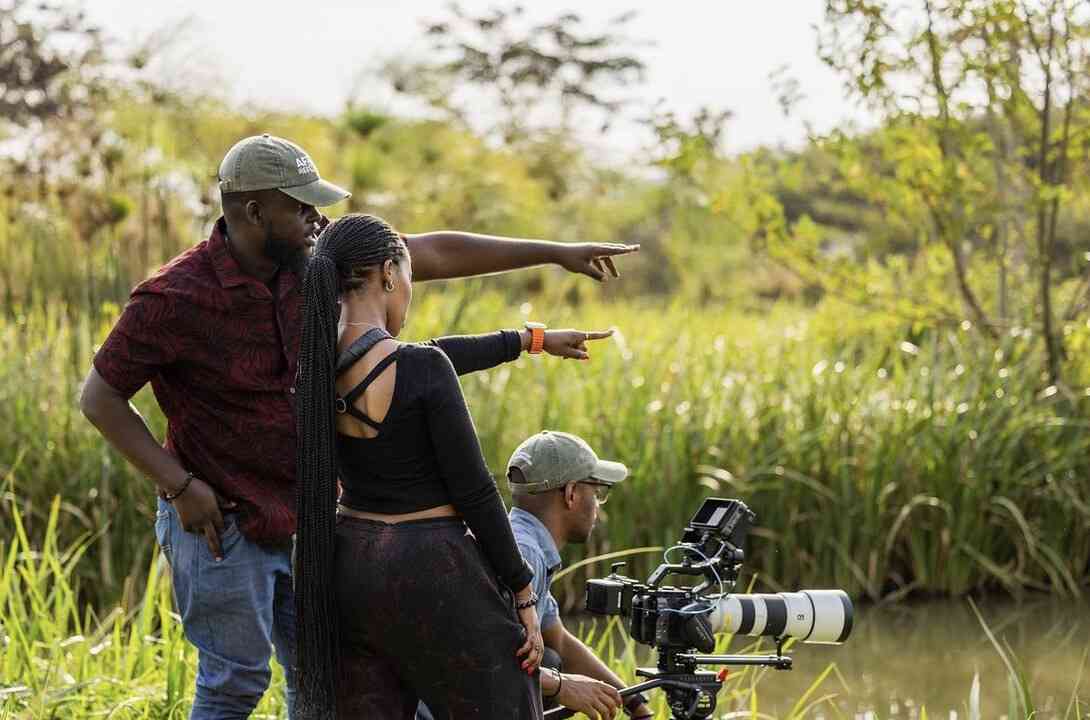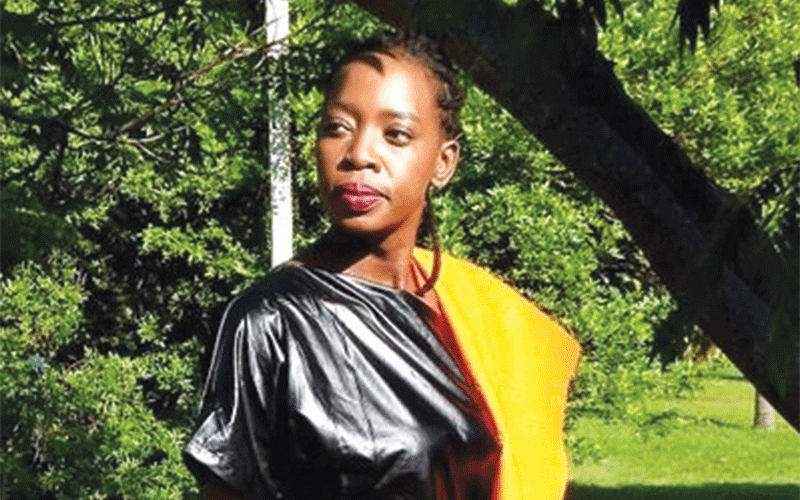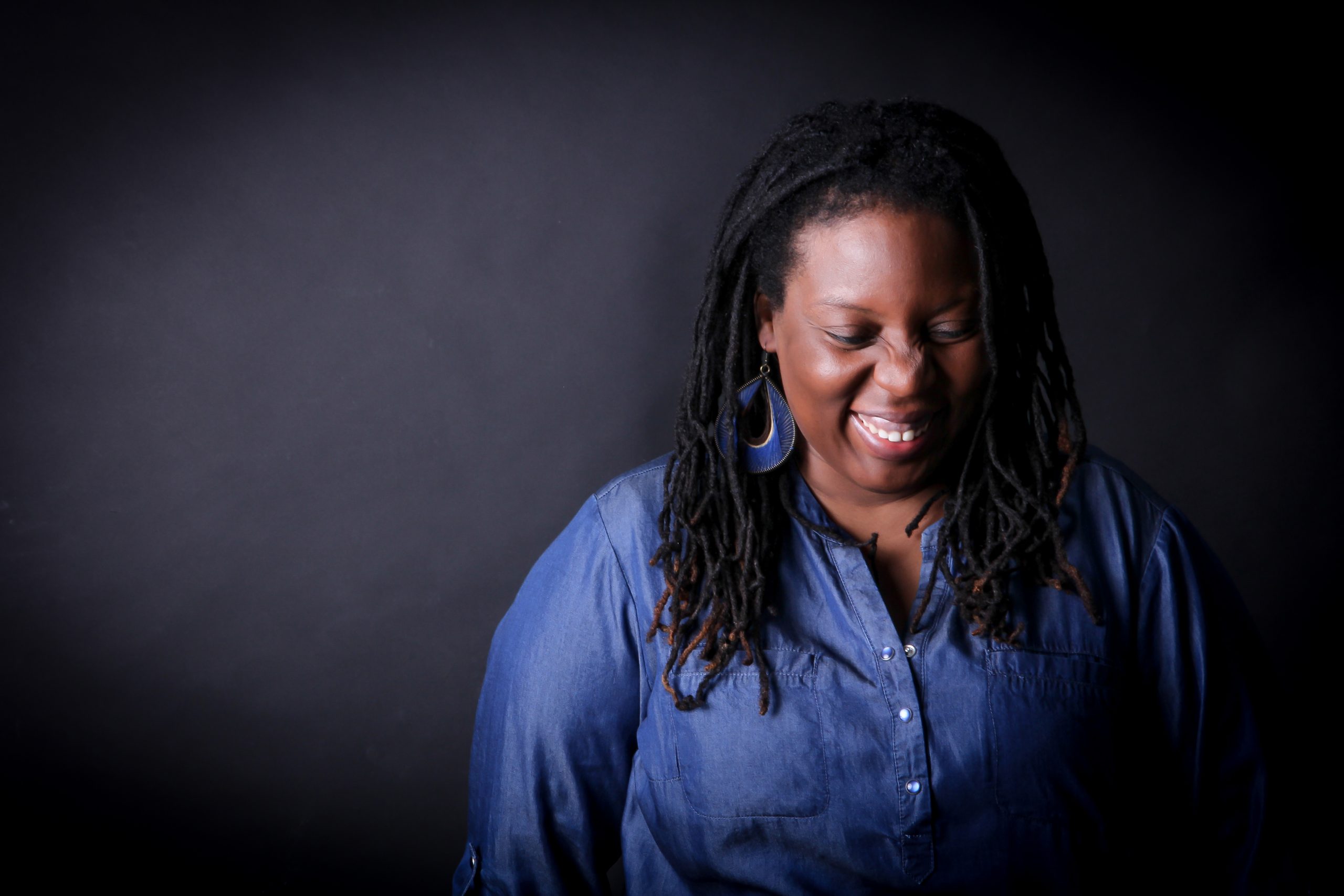
Siphiwe Gloria Ndlovu (SGN) won the 2019 Barry Ronge Fiction Prize for her acclaimed debut novel The Theory of Flight and was recently shortlisted for the 2021 Sunday Times CNA Literary Awards for her second novel, The History of Man, which reinvents the colonial narrative by delving into the story of colonialist, Emil Coetzee (EL).
Intrinsically connected to Ndlovu’s powerful debut novel, her latest book reveals the power of history in humanising characters on both sides of a conflict.
Why was it important to you to have your second novel connect to the first?
SGN: I’m not sure how it is for other writers, but I never have just one story in my imagination at a time. When I started thinking about the stories that eventually became The Theory of Flight and The History of Man, they were just stories in my head and the connections between the two were not at all clear to me. What I knew was that one story was focused on the life and death of a post-colonial black woman, Imogen Zula Nyoni and the other story was focalised through a colonial white man, Coetzee.
As I wrote The History of Man, I really wanted to explore what it was about Coetzee’s colonial milieu that not only shaped him, but also shaped the post-colonial moment that Nyoni lived through.
Basically, once I had entered this particular story world, I never wanted to leave it and so decided to write a series of interconnected novels.
What made you decide to write from the perspective of the coloniser and what challenges did you face in doing so?
SGN: The colonial narrative has always seemed extremely limited to me, especially because it privileges the voice and the experience of the coloniser.
- Chamisa under fire over US$120K donation
- Mavhunga puts DeMbare into Chibuku quarterfinals
- Pension funds bet on Cabora Bassa oilfields
- Councils defy govt fire tender directive
Keep Reading
So, I decided to write from the coloniser’s perspective to show not only the limits, but also the different kinds of violence that are the product of this way of ordering the world.
Since The History of Man is a critique of the colonial narrative and of the coloniser’s favoured position within that narrative, I had to be careful to make Coetzee a character and not just a stereotype or a caricature.
Having hopefully made him a character that the reader can empathise with, I had to be careful not to seem as though I was explaining away his behaviour or apologising for it. Walking that fine line was the biggest challenge.
You’re an acclaimed academic and filmmaker, why did you make the decision to delve into fiction writing?
SGN: Since I was very young, I wanted to be a writer, but I also knew that I would have to be practical, so I always thought I would have to write and do something else … something that paid the bills.
For a long while there it looked like I was on the right track, I was able to go after my intellectual pursuits and be creative at the same time. Then I started working towards my PhD and things were no longer in balance. I was content but I wasn’t as happy as I could be because I no longer had time for all those stories and characters in my imagination
I eventually accepted that what would make me happy would be writing creatively full-time and so in 2018, just before The Theory of Flight was published, I left my job and did just that.
Without the practical job that pays the bills, it hasn’t been easy, but I also appreciate how very fortunate I am to be able to solely focus on my writing for a few years.
How has living in different places around the world informed your voice as a storyteller, and which place has had the biggest impact on you as a writer?
SGN: Every place I have lived has taught me something about myself and my place in the world, which, in turn, has informed how I see the world and write about it. That said, the place that inspires me the most is where I will always call home, that is Bulawayo.
Bulawayo is a city that has been indelibly shaped by pre-colonial, colonial and post-colonial history — it has been a kingdom’s capital, an industrial hub and a post-industrial wasteland respectively.
When you live in Bulawayo you see evidence of these histories everywhere and the city becomes something that is beautifully incongruous. It’s probably Bulawayo that gave rise to my fascination with history, and it’s no wonder that the city has given birth to a plethora of creative writers. — ASA Online Magazine



